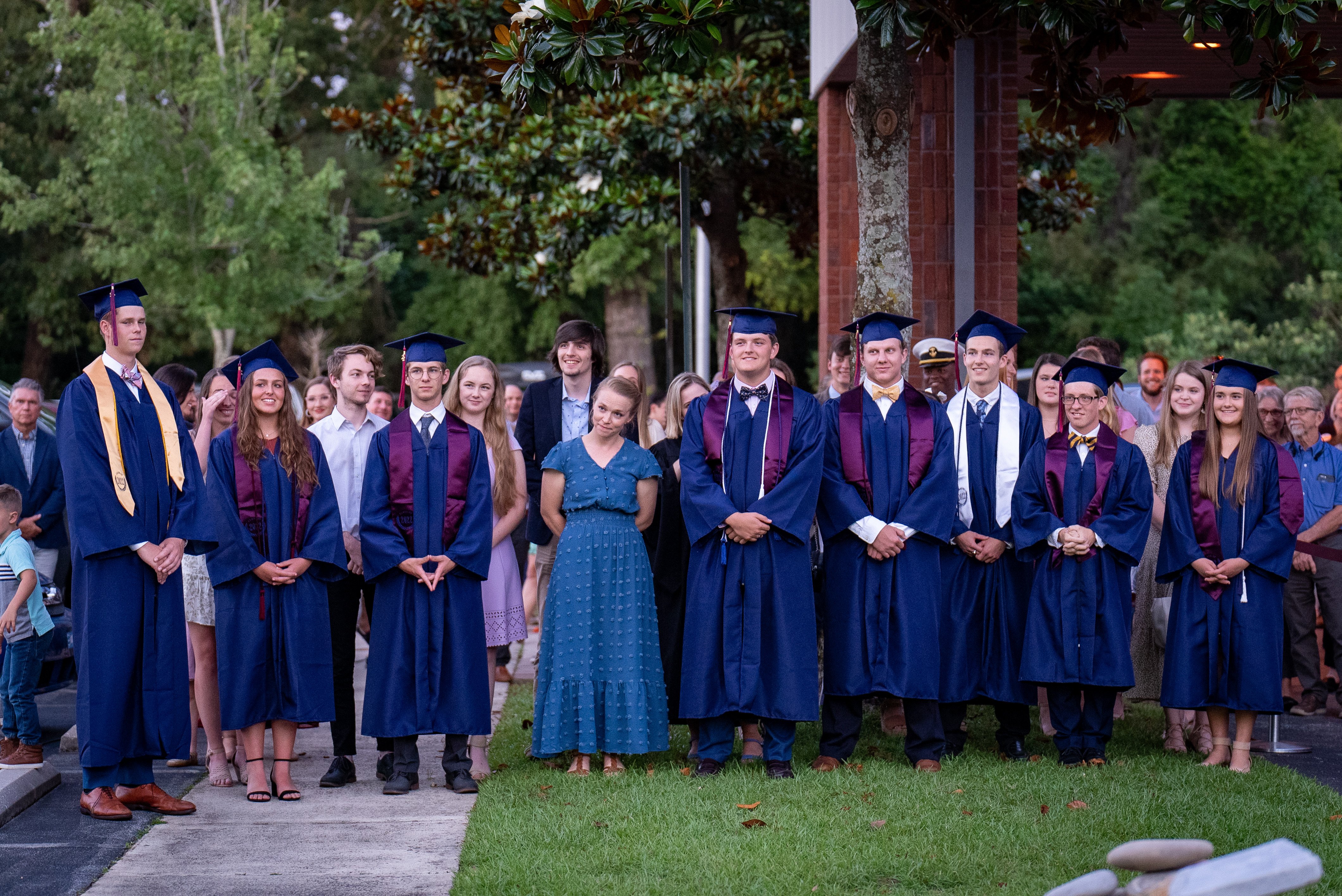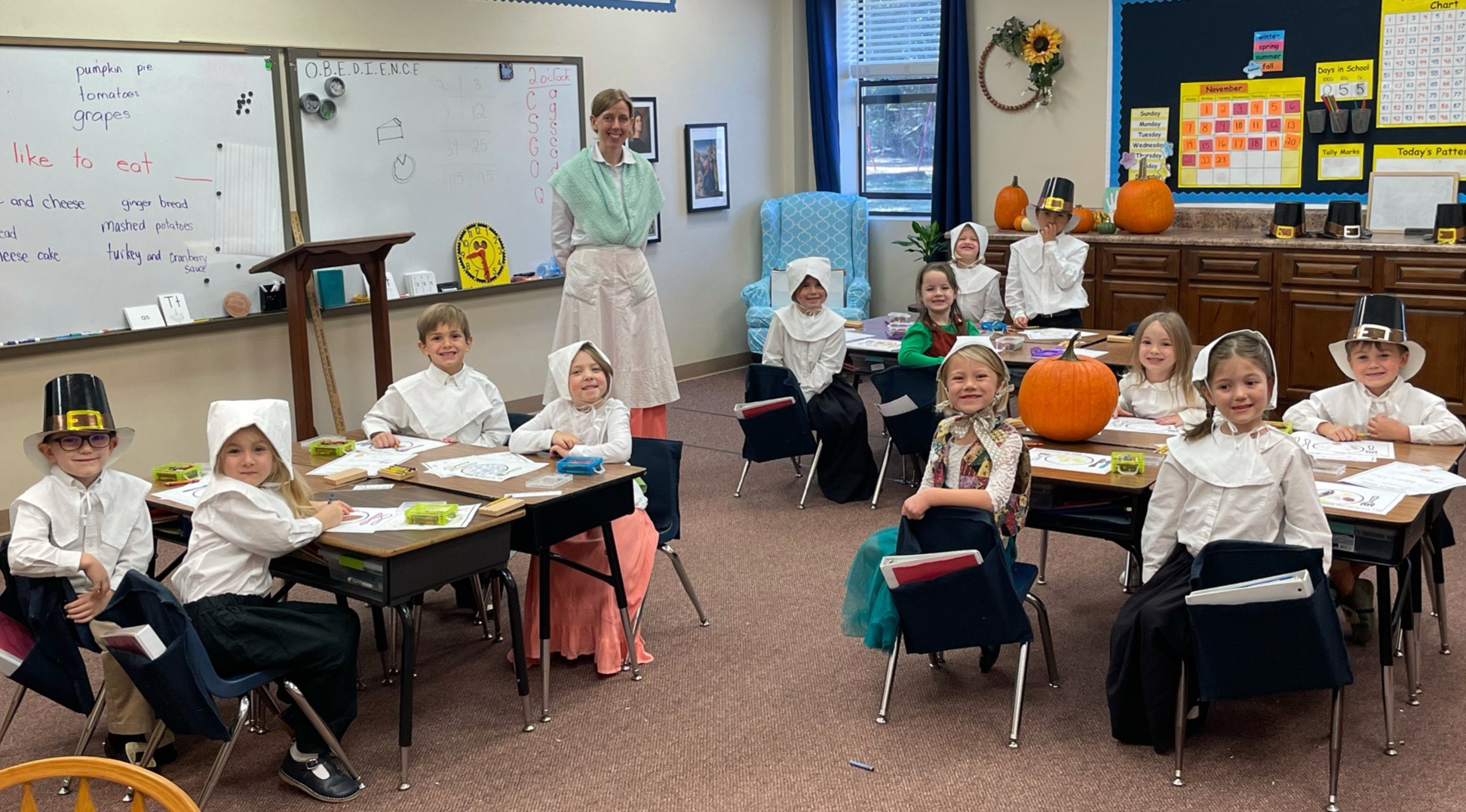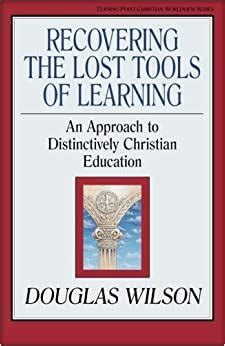Have you ever tried to quote someone, but ended up having to spend more time explaining how you’re probably getting it wrong from the outset? Has a conversation ever provoked a memory for you of something you once heard, and you’re certain it is relevant to the moment, but for the life of you, the words will simply not come when called? Such gaps in memory are a normal part of the everyday experience for most of us. And in the heat of the moment, we’re often tempted to turn to the nearest search engine, sometimes a bit chastened by having to rely on such an outside source. And it is this last part that might make you wonder, “what did people do before Google?”
Topics: Blog Posts, School Life, Studying, Classical Education, Reading, Truth, Goodness, and Beauty
Graduation is such a special time in the life of young adults. In the present age, it has become arguably the most important rite of passage into adulthood. Eighteen-year-olds across the nation stand on a threshold: thirteen or more years of compulsory schooling is behind them, and the whole world lies ahead. Education, career, marriage, everything is ahead of them, and finally, they get to make their own decisions about where to go and what to do.
Topics: Blog Posts, School Life, Alumni, Christian Living
Each school day morning, Trinitas students stream into our building without taking notice of the two memorials that flank the entrance of the school. On the east side stands a flag pole upon which the 5th graders raise the American flag each morning. On the west side, however, stands a less understood and often overlooked memorial. A pile of smooth stones called the Trinitas Ebenezer. Both images are intended to trigger memory and evoke emotion.
Topics: Blog Posts, School Life, Alumni
What Should You Look For In a Christian School? (part III)
Having stated that Trinitas is distinctly different in how and what we teach, let us now consider why we teach. We say that a Trinitas education is not only classical but also Christ-centered. What we mean by Christ-centered is that we teach all subjects as an integrated whole with the Scriptures at the center. We do this because we aim to help students develop a biblical worldview. We teach that there is no knowledge or understanding or wisdom apart from God.
Topics: Blog Posts, Classical Education, Christian Education, True Education, Secular Education
What should you look for in a Christian school? (part II)
Last week, we began to answer the question “What should you look for in a Christian school?” with a discussion of how we teach. But there is more to the distinctly-different Trinitas education including what we teach.
It is our aim at Trinitas to indoctrinate students in their western heritage by teaching them classical content rooted in the western tradition.
Topics: Blog Posts, Classical Education, Christian Education, Secular Education, Teaching
For all practical purposes, the current school year is over. Long summer days stretch out before us; but for a few parents, uncertainty about where their kids will attend school in the fall overshadows the potential joys of summer vacation. Such uncertainty may be a result of a recent or pending move, a young child going to school for the first time, or a pressing need to change schools. Regardless of the circumstances, the question “What should you look for in a Christian school?” should be of the highest priority.
Over the next three weeks, we will show how Trinitas answers that question beginning with a discussion of how we teach, then what we teach, and finally why we teach.
Topics: Blog Posts, Classical Education, Christian Education, True Education, Teaching
Recovering the Lost Tools of Learning by Douglas Wilson appears on many classical schools’ lists of “required readings.” These are readings they assign to orient new faculty, administrators, and board members. Although a variety of other titles can be found on such lists, because of its role in the founding of the modern classical Christian school movement, this book is nearly always included.
As evident from these key points found in the third chapter, the book is rich and a bit challenging; yet full of truth. May God grant us the vision, knowledge, and steadfastness to raise a generation of children who desire to obey, honor, and serve the One True God.
As always, Trinitas Christian School makes valuable reading resources like this available to our parents both in the school library and office.
Topics: Blog Posts, Parenting, Christian Education
We’ve spent the last two weeks thinking about the dominant form of grades used in schools today, the history and effects of that system, and why they are not the ideal for a classical Christian school.
Bear with me one more time as I recall our pitching metaphor. A coach who tells a young pitcher that they threw a “C+” pitch is not providing much help. And the young pitcher who interrupts a coach’s instruction to ask, “Yeah, but did I pass?” might be riding the bench for a while. Why? Because we understand intuitively that constructive feedback is about more than a graded evaluation.
Topics: Blog Posts, Classical Education, True Education, Teaching, Grades, Virtue










